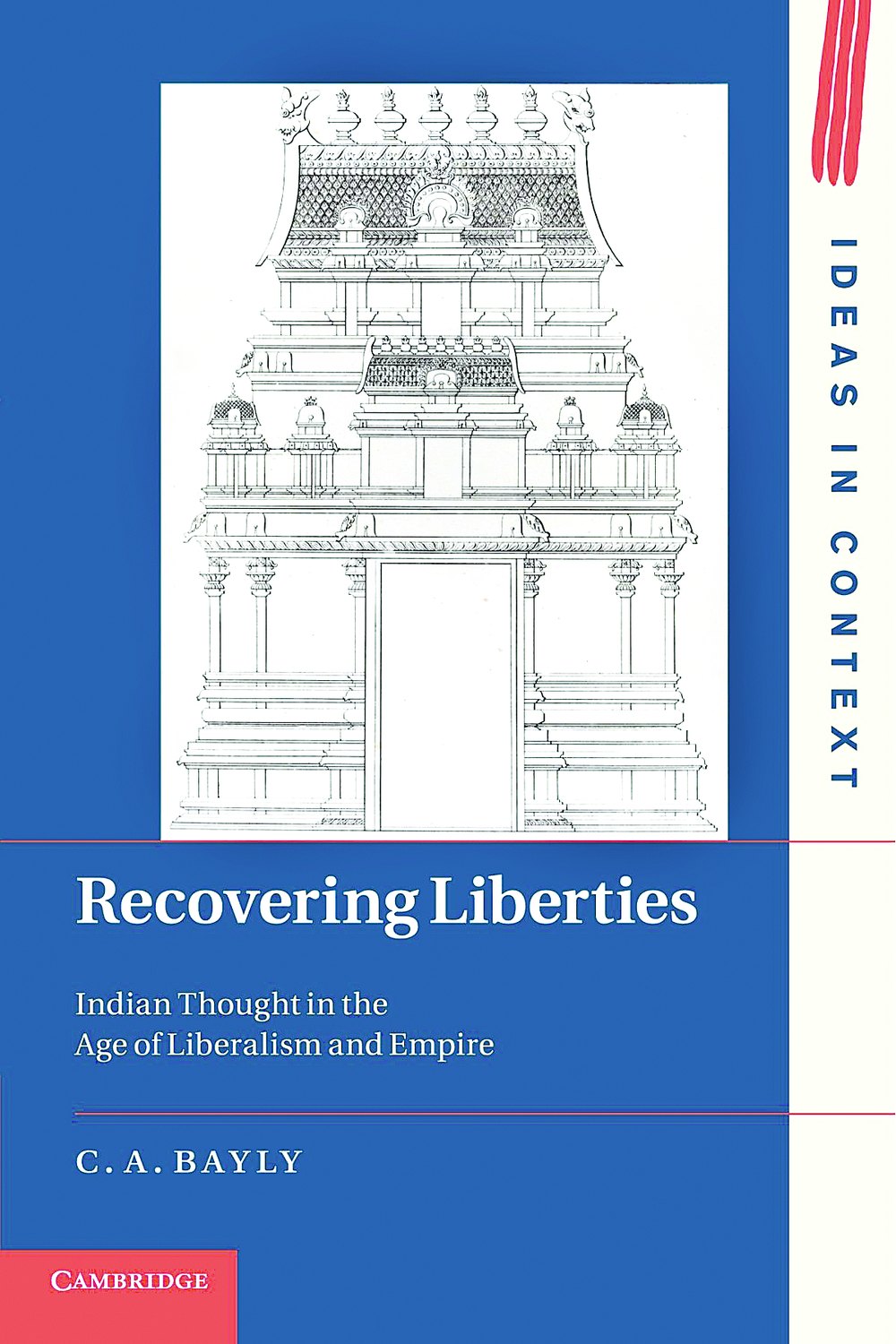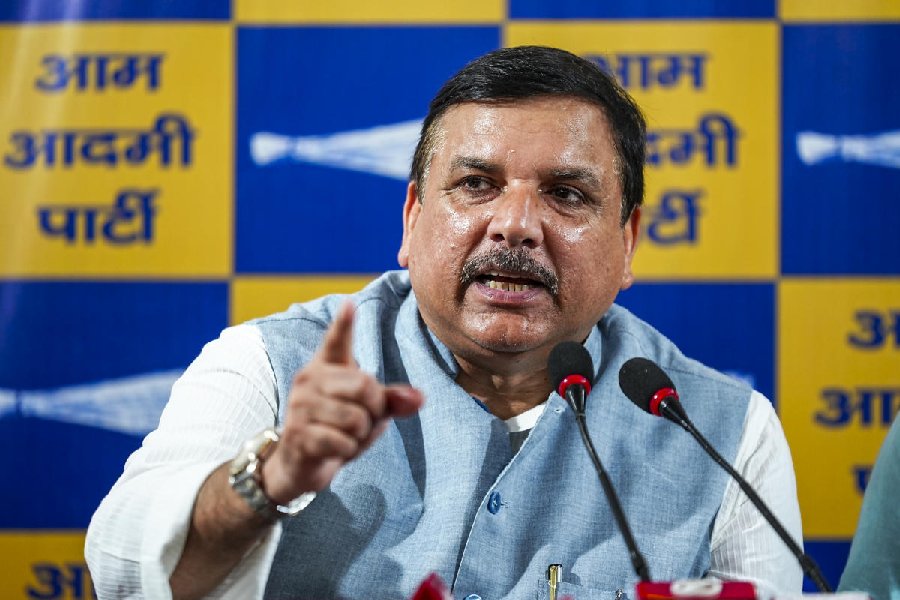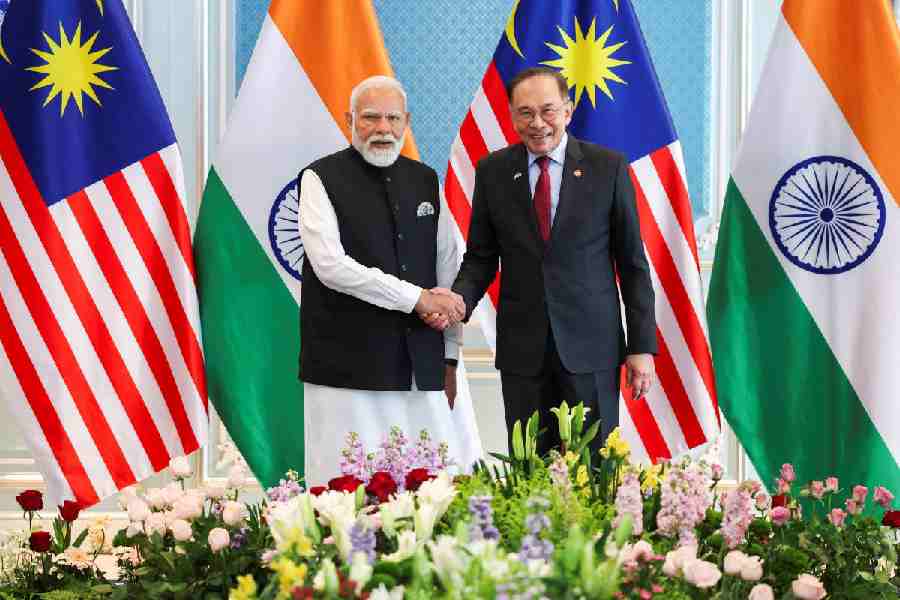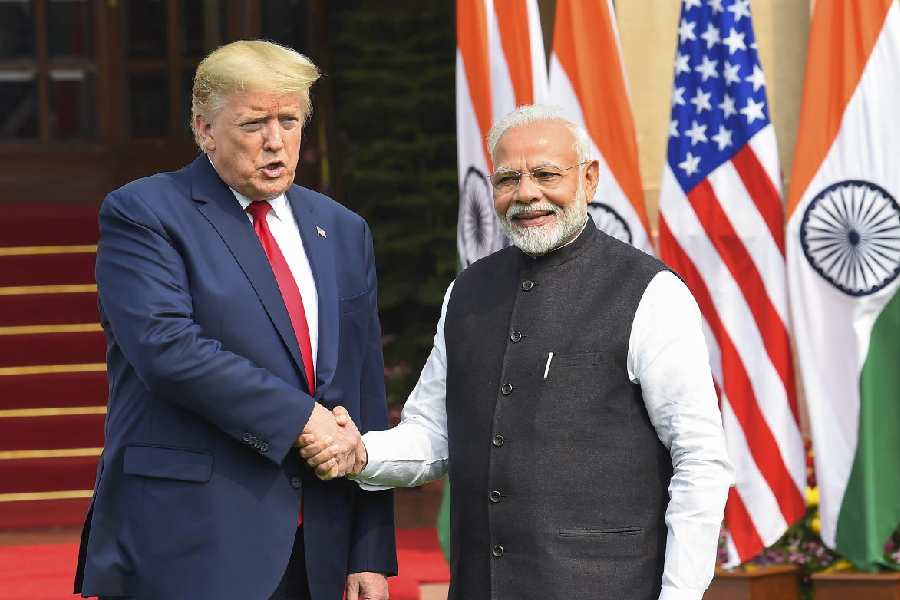
All VIPs are equal but some are more equal than others. They know the beacon ban is as deceptive as demonetization. Ashoka pillar on the fender and flag on the bonnet to say nothing of screeching motorcycle pilots and escort cars will always advertise the high and mighty. Good wine needs no bush but movers and shakers who need distinctive symbols to counter their inferiority complex can be provided with a monogrammed jacket. This being a strictly "Make in India" project, hundreds of weavers will work the monogram into costly fabrics. Destroying the loom afterwards, as was done for the Manchu emperors so that lesser mortals didn't dare flaunt the same cloth, would create even more jobs. Extravagance can be virtuous.
Since Arun Jaitley made Wednesday's revolutionary announcement, it might seem to be a purely fiscal measure. Perhaps he will be landed with the job of finding some use for thousands of dismantled lights and sirens. But with the prime minister himself chairing the meeting, the decision must mean much more. Obviously, one purpose was to upstage Amarinder Singh who dispensed with beacons a month ago. The Bharatiya Janata Party could ignore Mamata Banerjee's pioneering precedent: the people's princess who threw a spanner in the works of the people's car until Narendra Modi salvaged it is a Bengali phenomenon rather than a national threat. But Amarinder Singh is another matter. He is no tuppenny-ha'penny political faqir to pick up his jhola and depart. He doesn't need a designer jhola or to depart by special plane. Like Simeon II of Bulgaria and Norodom Sihanouk of Cambodia, he has reigned as head of state and ruled as head of government. Some still revere him as "His Highness Farzand-i-Khas-i-Daulat-i-Inglishia, Mansur-i-Zaman, Amir ul-Umara, Maharajadhiraja Raj Rajeshwar, 108 Sri Maharaja-i-Rajgan, Maharaja Captain Amarinder Singh, Mahendra Bahadur, Yadu Vansha Vatans Bhatti Kul Bushan, Maharaja of Patiala". More important, Punjab is the most important state under Congress rule. It could spearhead the revival of what Modi used to deride as the Delhi sultanate, transforming his shahzada into shah, thereby exposing the great ideological theft.
When Lee Kuan Yew feared the BJP, all set then to win the 1996 election, might abandon the liberal policies P.V. Narasimha Rao and Manmohan Singh had espoused, Atal Bihari Vajpayee assured him that the Congress had stolen the BJP's clothes. The wheel has turned full circle. Busily parading as the people's leader to make the lotus bloom from panchayat to Parliament, Modi can't afford scepticism about the Garibi Hatao mantle he has snitched from Indira Gandhi. If a Congress chief minister can do without special car lights, a BJP chief minister should dazzle voters by doing without a car at all. That's asking too much, as Madhya Pradesh's Shivraj Singh Chouhan, weaned in the Rashtriya Swayamsevak Sangh at the tender age of 13, and now lording it over hill and jungle, demonstrated the other day. I can do no better than cite Sudipta Bhattacharjee's vivid article, "The Kanha Circus", which appeared on this page on Thursday. Bhattacharjee wrote, "The wildlife at Kanha National Park in Madhya Pradesh had a gleaming, silver visitor a few days back: a helicopter ferrying chief minister Shivraj Singh Chouhan landed in the park's buffer zone. A noisy, high-speed convoy drove him and his wife to the core area where they spent the weekend in the forest rest house. Blue-beacon vehicles drove at top gear through the speed-restricted zone to pay obeisance: the park's director, the collector, the superintendent of police... the entire gamut of administrative and police machinery hotfooted it to Kisli's Khatiya gate, heralding a circus that VIPs in this country are ringmasters of."
Given this fondness for exhibitionism, Modi's austerity drive might provoke a revolt even in his party's rigidly obedient ranks. The elevation of the Adityanaths, Vijay Rupanis, Raman Singhs and others in the baker's dozen of BJP chief ministers recalls the probably apocryphal tale of a delegation of Bengali scholars and students asking Chakravarti Rajagopalachari, when he was appointed governor of West Bengal in 1947, to surrender Raj Bhavan for the newly-renamed National Library then in cramped Esplanade quarters. With his blistering honesty and puckish sense of humour, Raja ji is believed to have asked the delegates not to drive him out of the house he had achieved after decades of struggle. He probably chuckled to himself all the while for they didn't know he was moving the following year to an even grander palace in New Delhi.
With that palace soon to fall vacant again, a flutter of ambition is rippling the saffron ranks. True, the president may also be without a flashing red light and wailing siren. But the custom-built presidential Mercedes stretch limousine leaves the world and his wife in no doubt that Mukherjee no longer rides an Ambassador. That also applies to the luxurious BMW the prime minister uses despite his "Make in India" rhetoric after reportedly spurning a revamped Scorpio. His preference is blamed on the Black Cats who are supposed to decide the cost of poverty for today's politicians. They might even be accused of recommending a replication of the horse-drawn buggy Indira Gandhi once chose, ostensibly to conserve petrol, regardless of the security car following in low gear, if the spin doctors say it will impress voters.
There's a reason beyond politics for such posturing. It has nothing to do with either the public menace of privileged vehicles or the colonial British who were far less flamboyant. It's that no Indian with money or power wants to be anonymous. India is a land of exceptions. Everyone wants to be special. Press stickers are an occupational necessity but one feels sorry for those poor folk who paint "Vice-Chancellor" or even "Advocate" on their rear windows. If beacons go, we will see many more job descriptions on vehicles proclaiming the political, bureaucratic or corporate dwija inside. Perhaps an announcement of status is essential not only for parking attendants but to cope with avaricious policemen who nowadays clamp a Rs 200 premium (bribe?) on every largely fictitious traffic violation fine of Rs 100. One reason why corruption is so rampant and pervasive is that the norm is so abysmal that only the exceptional can survive comfortably. The police, like all other institutions, demands its cut.
That is something Lee didn't grasp when he lectured Maharashtra's legislators, administrators and tycoons on the benefits of anonymity. Contributing 40 per cent of India's income tax, Bombay had the potential, he said, to develop into a dynamic New York or a self-governing Shanghai whose mayor has the same powers as a provincial governor. He told them that one reason why Singapore abolished emblems of rank for cars was that familiarity bred contempt and ruling parties whose leaders are recognizable from special number plates, bonnet pennants and red lights tend to lose elections. "So in Singapore no minister flies a flag. Our cars are not specially numbered." Political calculation owed something to a puritanical streak in Singapore's founding father: in 1959 Lee drove his own Mercedes Benz up to the governor's palace to be sworn in as the first prime minister.
He abhorred ostentation. All those high officials who are now worried about keeping appointments and parking with hoi polloi should have heard him telling a high-powered Bombay audience, "We share the trials and tribulations of the populace." Newspapers reported that the packed hall listened with rapt attention. It applauded fervently. Then his listeners drove away in their chauffeur-driven official cars with distinctive number plates, flags fluttering bravely in the sea breeze, red lights flashing overhead and, in many cases, sirens also screaming. India may be "incredible" and "shining" but it is also in some respects unchanging. Periodic fits of well-advertised morality that alter nothing are part of the passing show.











